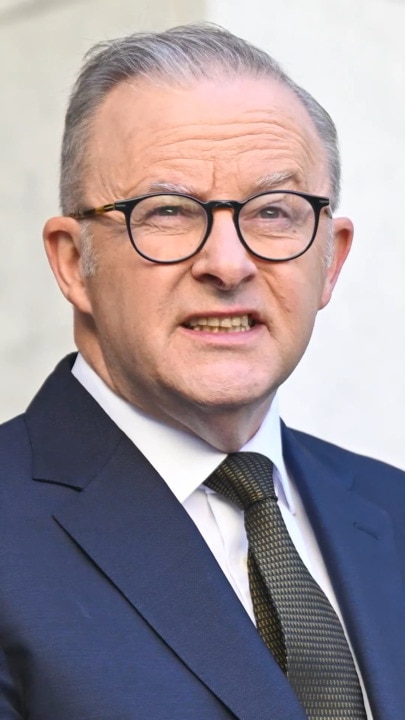Amidst the ongoing discourse surrounding the Federal Reserve's independence, a critical voice has emerged from Austan Goolsbee, president and CEO of the Federal Reserve Bank of Chicago. As tensions rise due to political pressures, Goolsbee's insights into the implications of such interference provide a necessary perspective on maintaining monetary policy autonomy. His commentary highlights the potential repercussions of undermining the Fed's established role in economic management.
Goolsbee's concerns come at a pivotal moment as President Trump's decision to criticize and potentially fire Federal Reserve Chair Jerome Powell raises significant red flags. This move not only threatens the integrity of the Federal Reserve but also risks destabilizing global financial markets. By examining Goolsbee's stance, we can better understand the importance of preserving the central bank's independence for long-term economic stability.
Austan Goolsbee, a prominent figure in the realm of economics, has expressed his apprehensions regarding the recent challenges faced by the Federal Reserve. In an era where political influence over monetary policy is becoming increasingly apparent, Goolsbee underscores the necessity of safeguarding the institution's autonomy. His warnings serve as a timely reminder of the dangers associated with eroding the Federal Reserve's ability to operate independently.
Preserving Economic Stability Through Independent Policy
The significance of the Federal Reserve maintaining its independence cannot be overstated, especially given the current geopolitical climate. Goolsbee's remarks emphasize that any erosion of this independence could lead to severe consequences for both domestic and international economies. The credibility of the Fed hinges on its capacity to make decisions based solely on economic data rather than political considerations.
As Goolsbee points out, undermining the Federal Reserve's autonomy may result in diminished trust among investors and financial institutions worldwide. Such a loss of confidence could trigger volatility in global markets, impacting everything from currency exchange rates to commodity prices. Consequently, preserving the Fed's independence remains crucial for ensuring stable growth and sustainable development across various sectors.
In light of these potential ramifications, it becomes imperative for policymakers and stakeholders alike to recognize the value of supporting the Federal Reserve's mission without undue interference. By fostering an environment conducive to independent decision-making, we can help mitigate risks posed by external pressures and promote enduring prosperity.
Monetary Independence: A Cornerstone of Trust
Goolsbee's emphasis on the importance of monetary independence reflects broader concerns about how political agendas might sway economic policies. When central banks are free from direct governmental influence, they can focus on achieving their primary objectives—price stability, full employment, and moderate long-term interest rates—without succumbing to short-term political demands.
This separation ensures that monetary policy decisions are guided by objective analysis rather than electoral cycles or partisan interests. For instance, during periods of economic uncertainty, such as those following the 2008 financial crisis, the Federal Reserve played a vital role in stabilizing markets through unconventional measures like quantitative easing. These actions were possible precisely because the Fed retained sufficient independence to act decisively when necessary.
Furthermore, maintaining monetary independence helps build institutional credibility over time. As Goolsbee notes, this credibility fosters greater predictability in policymaking processes, which ultimately benefits all participants within the financial ecosystem. It encourages businesses to invest confidently while enabling households to plan effectively for future expenses.
Navigating Challenges Amid Political Pressure
Despite growing calls for increased transparency and accountability within the Federal Reserve system, there exists a delicate balance between enhancing oversight mechanisms and compromising operational freedom. Goolsbee acknowledges this challenge but stresses that striking the right equilibrium is essential for upholding the central bank's effectiveness.
One approach involves implementing robust governance frameworks designed to enhance communication channels between regulators and elected officials while safeguarding core principles of independence. By doing so, the Fed can address legitimate public concerns without jeopardizing its capacity to respond swiftly and appropriately to evolving economic conditions.
In conclusion, Austan Goolsbee's warnings underscore the critical need for protecting the Federal Reserve's independence amidst increasing political scrutiny. Recognizing the profound implications of undermining this cornerstone of modern finance serves as a call to action for all involved parties—to work collaboratively toward preserving the integrity and functionality of our nation's central banking system for generations to come.

